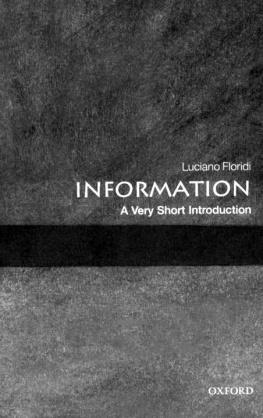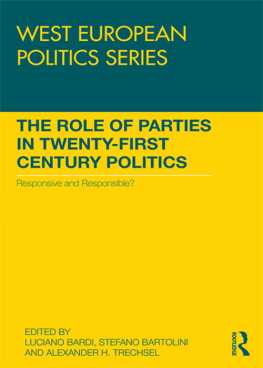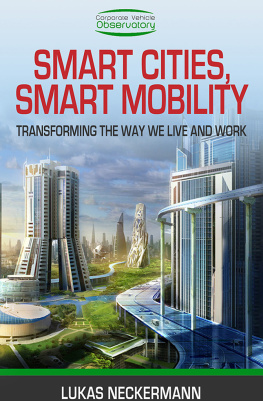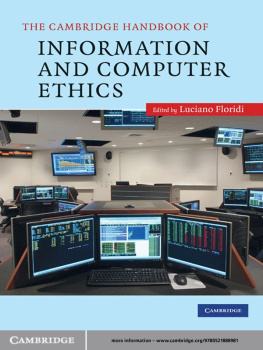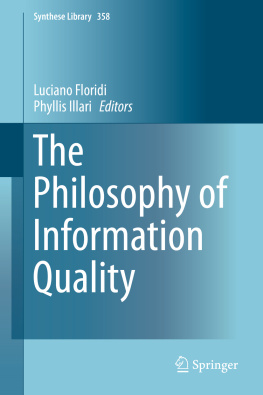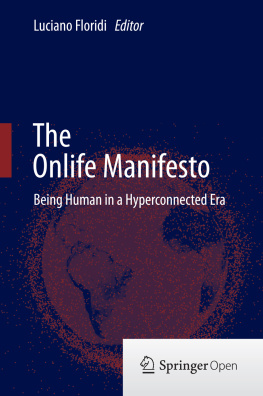The moral rights of the author have been asserted First Edition published in 2014
All rights reserved. No part of this publication may be reproduced, stored in
a retrieval system, or transmitted, in any form or by any means, without the
prior permission in writing of Oxford University Press, or as expressly permitted
by law, by licence or under terms agreed with the appropriate reprographics
rights organization. Enquiries concerning reproduction outside the scope of the
above should be sent to the Rights Department, Oxford University Press, at the
address above You must not circulate this work in any other form
and you must impose this same condition on any acquirer Published in the United States of America by Oxford University Press
198 Madison Avenue, New York, NY 10016, United States of America British Library Cataloguing in Publication Data
Data available Library of Congress Control Number: 2013957566
This book is about how our digital ICTs (information and communication technologies) are affecting our sense of self, how we relate to each other, and how we shape and interact with our world. Nanotechnology, the Internet of Things, Web 2.0, Semantic Web, cloud computing, motion-capturing games, smartphone apps, tablets and touch screens, GPS, Augmented Reality, artificial companions, unmanned drones, driverless cars, wearable computing devices, 3D printers, identity theft, online courses, social media, cyberwarthe technophile and the technophobe ask the same question: whats next? The philosopher wonders what lies behind. Is there a unifying perspective from which all these phenomena may be interpreted as aspects of a single, macroscopic trend? Part of the difficulty, in answering this question, is that we are still used to looking at ICTs as tools for interacting with the world and with each other. In fact, they have become environmental, anthropological, social, and interpretative forces. They are creating and shaping our intellectual and physical realities, changing our self-understanding, modifying how we relate to each other and ourselves, and upgrading how we interpret the world, and all this pervasively, profoundly, and relentlessly.
So this is a philosophical book, yet it is not a book just for philosophers. It seeks to identify and explain some of the deep technological forces that are affecting our lives, our beliefs, and anything that surrounds us, but it is not a technical or scholarly treatise. As the reader will notice by quickly browsing the Contents, I believe we are seeing the beginning a profound cultural revolution, largely driven by ICTs. I know that every generation thinks it is special just because it is alive and hence uniquely placed, reflectively, between the dead and the unborn. So I agree that it is important to keep things in perspective. However, sometimes it is 16 December 1773 and you are in Boston, or it is 14 July 1789 and you are in Paris. What I stress in this book is that sometimes it is a new millennium, and you are in the infosphere.
The information revolution that I discuss is a great opportunity for our future. So this is also a moderately optimistic book. I say moderately because the question is whether we shall be able to make the most of our ICTs, while avoiding their worst consequences. How can we ensure that we shall reap their benefits? What could we do in order to identify, coordinate, and foster the best technological transformations? What are the risks implicit in transforming the world into a progressively ICT-friendly environment? Are our technologies going to enable and empower us, or will they constrain our physical and conceptual spaces, and quietly force us to adjust to them because that is the best, or sometimes the only, way to make things work? Can ICTs help us to solve our most pressing social and environmental problems, or are they going to exacerbate them? These are only some of the challenging questions that the information revolution is posing. My hope is that this book may contribute to the larger ongoing effort to clarify and address them; and that a more fruitful and effective approach to the problems and opportunities of ICTs may be possible, if we gain a deeper and more insightful understanding of their impact on our current and future lives.
The great opportunity offered by ICTs comes with a huge intellectual responsibility to understand them and take advantage of them in the right way. That is also why this is not a book for specialists but for everyone who cares about the development of our technologies and how they are affecting us and humanitys foreseeable future. The book does not presuppose any previous knowledge of the topics, even if it is not an elementary text for beginners. Complex phenomena can be simplified conceptually, but there is a threshold beyond which the simplification becomes an unreliable and therefore useless distortion. I have tried to walk as closely as possible to that threshold without crossing it. I hope the reader will judge my efforts kindly.
As a book for non-specialists, it may double as an introduction. For it is part of a wider project, on the foundations of the philosophy of information, which seeks to update our philosophy, and make it relevant to our time and beyond academic walls.), invites the development of a new philosophy of nature, a new philosophical anthropology, a synthetic environmentalism as a bridge between us and the world, and a new philosophy of politics among us. Cyberculture, posthumanism, singularity, and other similar fashionable ideas can all be understood as attempts to make sense of our new hyperhistorical predicament. I find them indicative and sometimes suggestive, even if unconvincing. O buraco mais embaixo, as they say in Brazil: the hole is way deeper, the problem much more profound. We need to do some serious philosophical digging. This is why the invitation to rethink the present and the future in an increasingly technologized world amounts to a request for a new philosophy of information that can apply to every aspect of our hyperhistorical condition. We need to look carefully at the roots of our culture and nurture them, precisely because we are rightly concerned with its leaves and flowers.
We know that the information society has its distant roots in the invention of writing, printing, and the mass media. However, it became a reality only recently, once the recording and transmitting facilities of ICTs evolved into processing capabilities. The profound and widespread transformations brought about by ICTs have caused a huge conceptual deficit. We clearly need philosophy to be on board and engaged, for the tasks ahead are serious. We need philosophy to grasp better the nature of information itself. We need philosophy to anticipate and steer the ethical impact of ICTs on us and on our environments. We need philosophy to improve the economic, social, and political dynamics of information. And we need philosophy to develop the right intellectual framework that can help us semanticize (give meaning to and make sense of) our new predicament. In short, we need a philosophy of information as a philosophy


